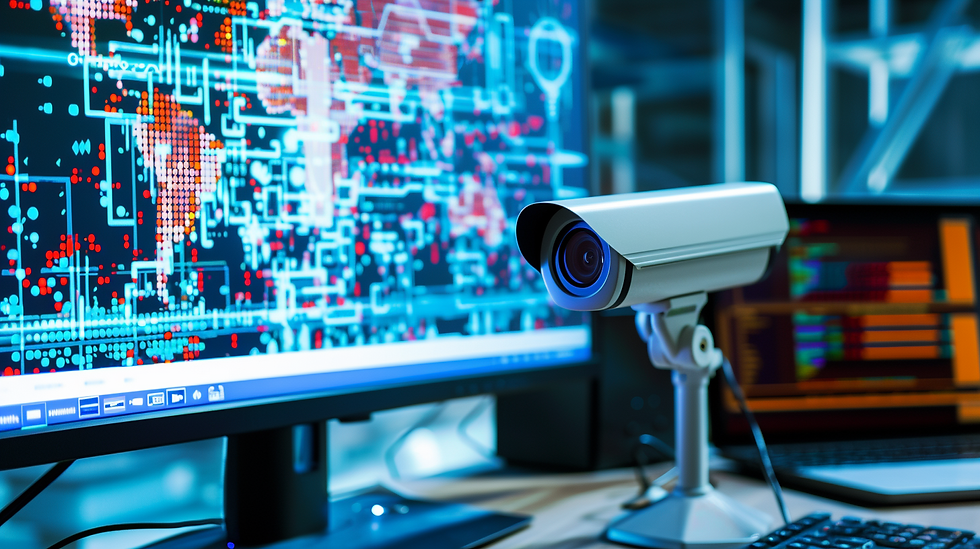Video Forensics FAQ: Your Guide to Understanding Video Evidence
- epicasfun098
- Feb 5, 2024
- 2 min read
Updated: Aug 19, 2024

What is Video Forensics?
The scientific analysis and enhancement of video footage for use as evidence in legal cases.
Video forensics encompasses a broad spectrum of techniques aimed at extracting clear, detailed information from video recordings. This field is instrumental in transforming often unclear, obscured, or unintelligible video footage into enhanced, analyzable evidence. By applying a range of digital tools, forensic video analysts can clarify images, stabilize shaky footage, enhance visibility in low-light conditions, and much more, making it possible to identify persons, objects, and activities that are crucial to legal investigations.
How Does Forensic Video Authentication Work?
Through detailed analysis to verify the integrity and originality of video footage.
Forensic video authentication is a critical step in ensuring that video evidence has not been altered, tampered with, or otherwise manipulated. Analysts employ a variety of techniques to authenticate videos, including examining the file's metadata for anomalies, scrutinizing the footage frame by frame for inconsistencies, and identifying any digital artifacts indicative of editing. This rigorous process is essential for establishing the credibility of video evidence, ensuring it can be reliably used in court.
What Does a Forensic Video Analyst Do?
Analyzes, enhances, and authenticates video recordings for investigative and legal purposes.
A forensic video analyst plays a multifaceted role in the examination of video evidence. Their responsibilities include enhancing video quality to make details more visible and discernible, analyzing footage to extract relevant information for investigations, and authenticating videos to confirm their integrity. These experts use sophisticated software and techniques to tackle challenges such as poor lighting, obscured faces, or quick movements, ensuring that video evidence is both clear and credible. Their work is crucial in piecing together events, identifying individuals, and providing authoritative analysis that supports legal proceedings.

Can Video Forensics Be Used in Both Criminal and Civil Cases?
Yes, its applications are versatile across various types of legal proceedings.
Video forensics is invaluable in both criminal and civil contexts, offering concrete evidence that can corroborate testimonies, clarify events, and influence outcomes. In criminal cases, video evidence can be pivotal in identifying suspects, understanding crime scenes, and establishing timelines. Similarly, in civil disputes, such as personal injury claims, property damage, or contract disagreements, video forensics can provide the visual proof needed to support or refute claims. The versatility of video forensics makes it a powerful tool in the quest for justice, regardless of the case type.
For further inquiries or detailed information about how video forensics can assist in your specific case, we invite you to reach out to our team of experts. Whether you're dealing with a complex legal matter or seeking to understand more about the potential of video forensic analysis, we're here to provide the insights and assistance you need. Contact us today to explore how our services can support your objectives. Your quest for clarity and truth in video evidence is our utmost priority. If you are interested in exploring more about video forensics check out our other articles on forensic video enhancement, CCTV playback issues, or video resizing




Comments